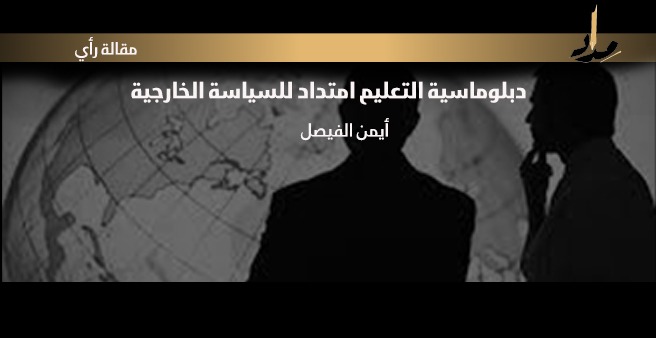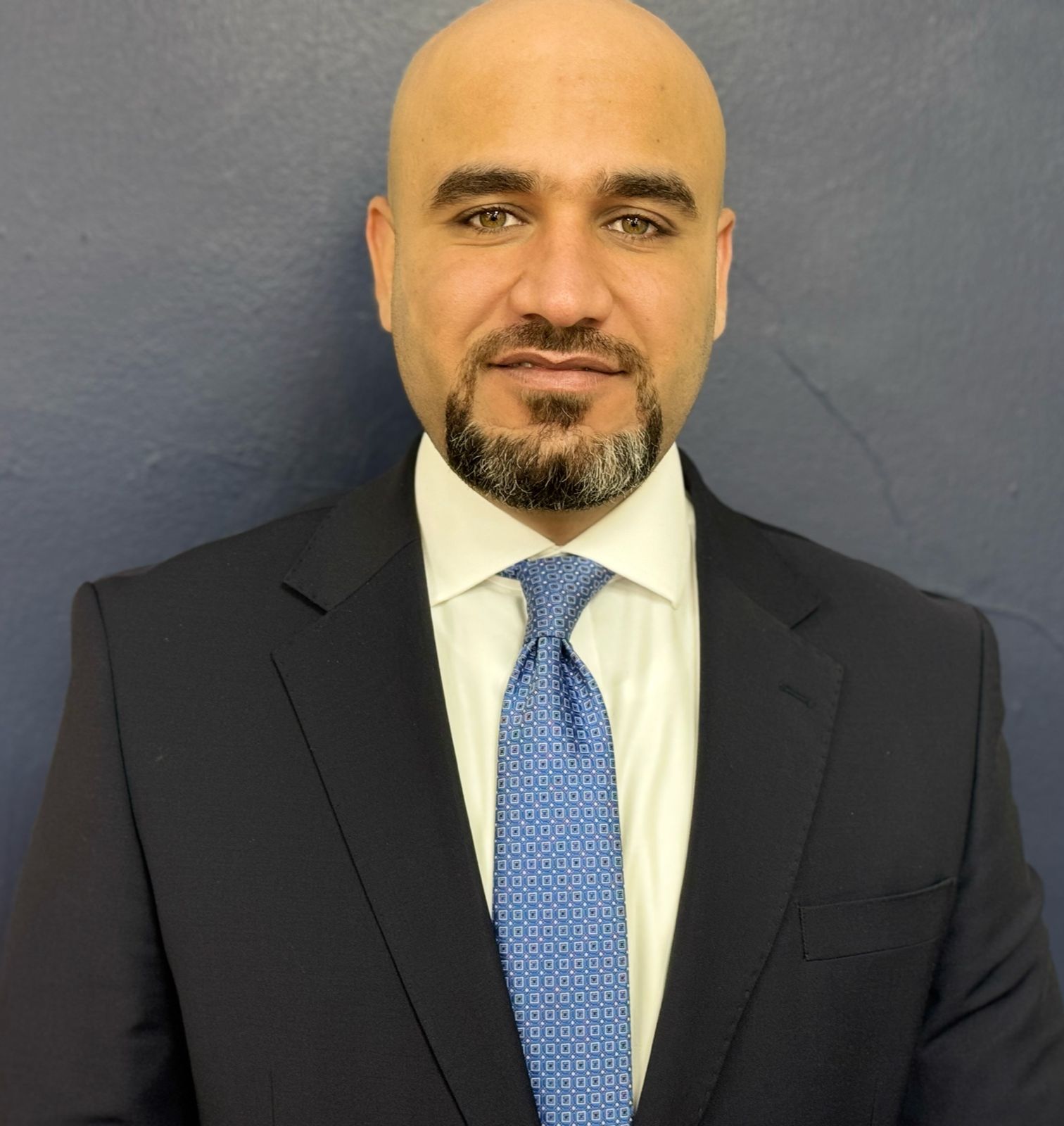 2025 / 05 / May
2025 / 05 / May
Foreign policy depends on a country's political system and employs various means-economic, military, diplomatic-to achieve its goals. Since the mid-20th century, states have sought new ways to enhance influence and comprehensive development, leading to the rise of study abroad programs as tools for human resource development and future leadership preparation. In developing countries, scholarships serve to build scientific and administrative capacities aligned with economic and social development needs. Despite high costs, governments view investing in talent as essential, provided returnees are integrated into state institutions to utilize their expertise.
The scholarship process follows a precise plan that identifies needed specialties, target countries, and universities based on local labor market demands and foreign relations. Scholarships also advance the host countries' foreign policy objectives by culturally and ideologically influencing students to spread their values upon returning home. Thus, scholarships merge economic and political dimensions, becoming a form of soft power to achieve international influence and build new frameworks for external engagement.
In an era where soft power is increasingly vital, international education has emerged as a strategic tool for foreign policy. Scholarships and academic exchanges are no longer mere academic endeavors but vital channels of transnational diplomacy that build cultural and intellectual influence and strengthen international relations beyond traditional conflict tools. Through these programs, major powers have created networks of graduates and future elites aligned with their foreign policy visions, making educational diplomacy a genuine extension of political influence on the global stage.

Researcher and academic